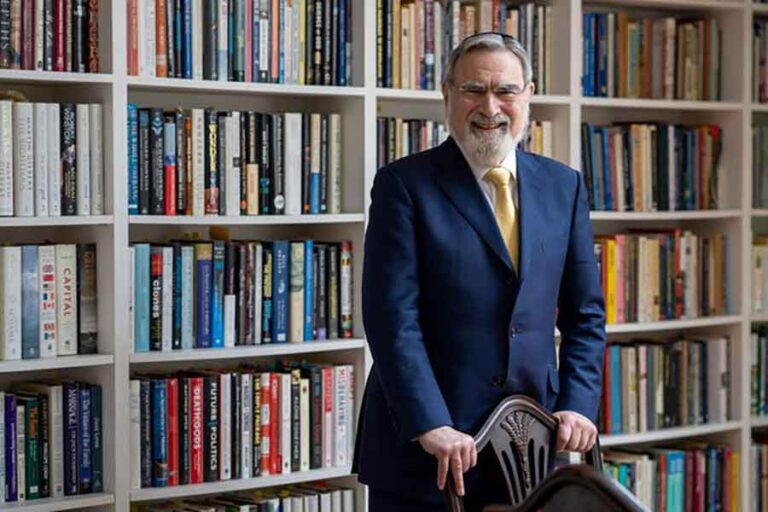The themes are different. Rosh Hashanah is about G-d as King and Judge of all humanity. Yom Kippur is about forgiveness, repentance, and the possibility of renewal for all. Sukkot, however, is about the unique history and identity of the Jewish people.
In this sense, Sukkot is both a universal and particularistic festival. It speaks to the universal need for rain and the unity of all nations under the reign of G-d. At the same time, it is a reminder of the unique history and faith of the Jewish people, symbolized by the sukkah and the arba minim.
So, as we celebrate Sukkot, let us remember the dual nature of this festival. It is a time to rejoice and be joyful, to remember our history and our faith, and to pray for rain and unity among all nations. Sukkot truly is a festival like no other.
Regenerate
We say, “Instill your awe upon all Your works, and fear of You on all that you have created.” The entire liturgy is strikingly universalist. The Days of Awe are about the sovereignty of G-d over all humankind. On them, we reflect on the human – not just the Jewish – condition.
The two cycles reflect the dual aspect of G-d: as creator and as redeemer. As creator, G-d is universal. We are all in G-d’s image, formed in His likeness. We share a covenant of human solidarity (the Noahide covenant). We are fellow citizens of the world G-d made and entrusted to our care. As redeemer, however, G-d is particular. Whatever His relationship to other nations (and He has a relationship with other nations: so Amos and Isaiah insist), Jews know Him through His saving acts in Israel’s history: exodus, revelation, and the journey to the Promised Land.
No sooner have we identified the two cycles than we see what makes Sukkot unique. It is the only festival belonging to both. It is part of the cycle of Jewish history (Pesach–Shavuot–Sukkot), and part of the sequence of the seventh month (Rosh Hashanah-Yom Kippur-Sukkot). Hence the double joy.
The four kinds represent the festival’s universality. They symbolize nature, rain, and the cycle of the seasons – things common to all humanity. The Sukkah/ tabernacle represents the singular character of Jewish history, the experience of exile and homecoming, and the long journey across the wilderness of time.
In a way not shared by any other festival, Sukkot celebrates the dual nature of Jewish faith: the universality of G-d and the particularity of Jewish existence. We all need rain; we are all part of nature; we are all dependent on the complex ecology of the created world. Hence the four kinds. But each nation, civilization, and religion is different. As Jews we are heirs to a history unlike that of any other people: small, vulnerable, suffering exile after exile – yet surviving. Hence the Sukkah.
Humanity is formed out of our commonalities and differences. As I once put it, “If we were completely different, we could not communicate. If we were all the same, we would have nothing to say.” Sukkot brings both together: our uniqueness as a people, and our participation in the universal fate of mankind.

